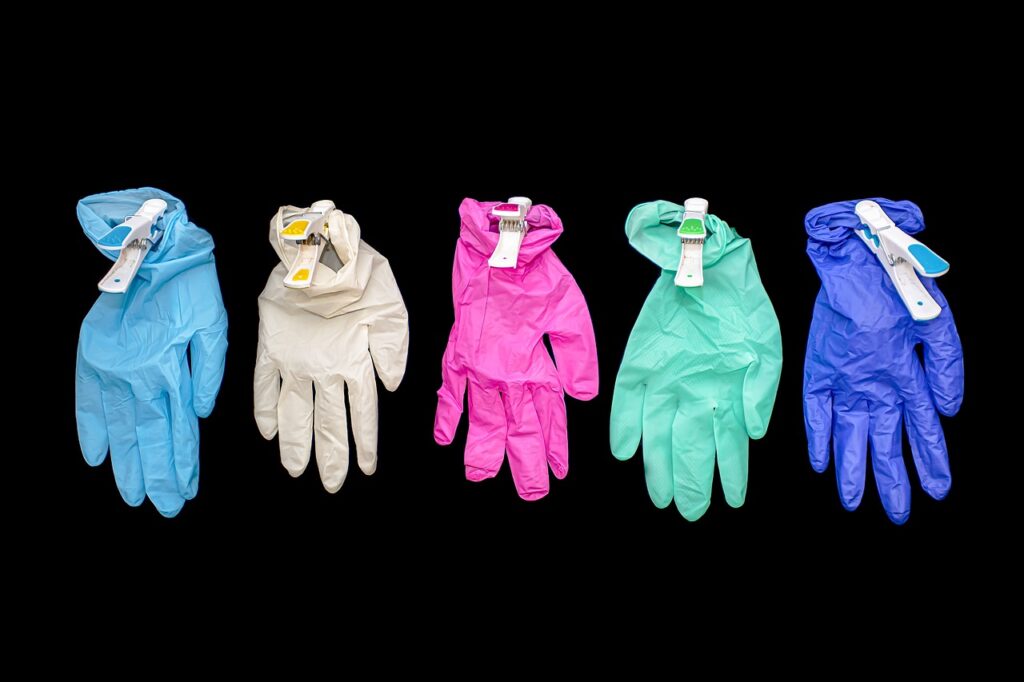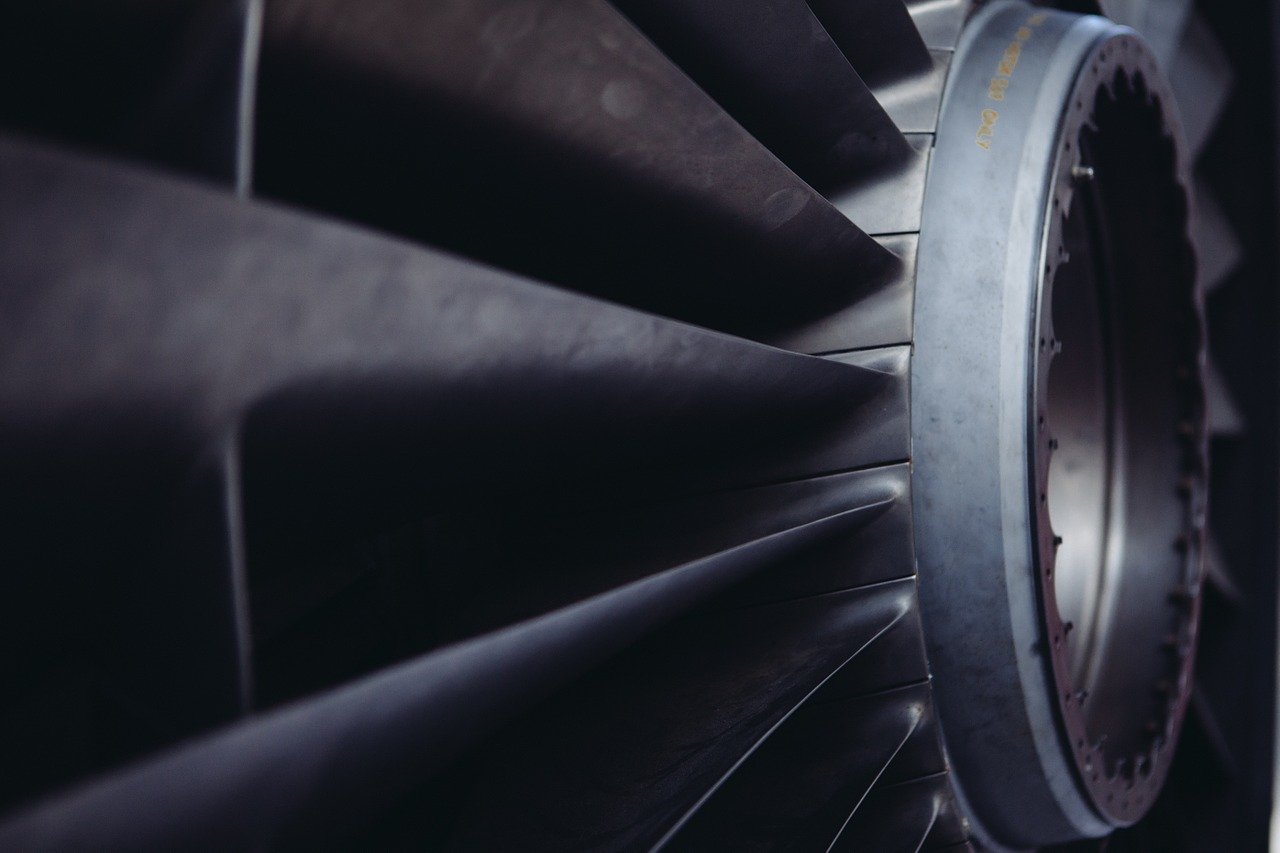In Southern Virginia stands an 85-foot tall, dark gray building set up during the pandemic to produce a specific type of synthetic rubber, an important element in making medical exam gloves. These gloves are always in high demand by doctors and nurses in their daily work. However, so far, the factory’s production has been zero.
The same situation also happens for two other factories that have not been fully set up in Maryland and New Hampshire, resulting in the latter’s recent lay-off, which consisted of about 100 workers.
What is another common thing between the three sites? They were part of a $1.5 billion project to boost American production of medical necessities such as masks, gowns, and gloves in a bid to reduce the reliance on imports from Asia and help prevent future shortages of such items.
However, the project has stalled due to the financial circumstances that PPE-manufacturing companies are facing. (PPE = personal protective equipment).
Scott Maier, CEO of Blue Star NBR, figured that with automation, he could get prices low enough to compete with manufacturers in Malaysia. However, this was a challenging task even before the pandemic. As a result, when Covid-19 hit the country at full speed in 2020, hospitals scavenged PPE because most of the units they used each year were imported from Asia.
This wake-up call alarmed The Department of Defense, who then, together with HHS, announced that they would provide over $123 million for the company to build a chemical plant to make medical-grade NBR (nitrile butadiene rubber). However, the company never received the funding, and the place for the glove factory is now just a vacant lot.
Even if Blue Star NBR’s rubber factory got finished, they would have to look for customers interested in the raw material only. Maier also does not think his company can financially make it by selling sole rubber. Moreover, PPE companies in the US have to face foreign competitors who will flood the market with low-priced medical items, which can result in massive layoffs. Therefore, support from the government is necessary if companies and factories want to maintain a sustainable PPE operation on U.S. soil.






